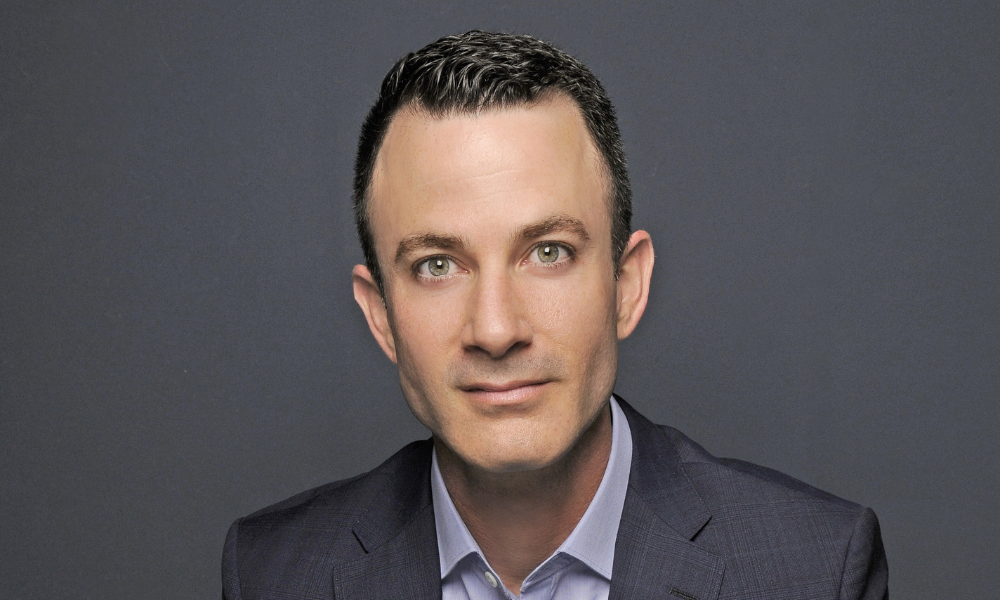"We know who has the appetite and wants the business, and then we know who to stay away from"

In a thriving Miami real estate market, David A. Krebs (pictured), CEO of DAK Mortgage, has been navigating notable shifts in client demographics and mortgage demand.
“We’ve seen a lot of South American and European individuals coming," he explained, many of whom initially pay cash for their properties, later returning to finance these purchases. This cash-first approach allows international buyers to avoid stringent upfront requirements, opting for financing once they establish a more favorable financial position in the US market.
"The trend is definitely healthy," Krebs added, citing Miami's growing reputation as a hub for wealth and talent, fueled by an influx of high-value transactions.
A significant factor contributing to Miami's allure, according to Krebs, is its expanding infrastructure, notably developments like 830 Brickell and new corporate residents like Microsoft and Citadel.
“Santander Bank...has basically become a huge financial hub," he added, suggesting that these shifts draw not only affluent clients but also foreign nationals and investors who see Miami as a gateway to the US economy. Many of these clients, however, don't fit traditional financing molds, necessitating tailored approaches.
"Some of those individuals fit the banking quadrant...others fit within non-QM," Krebs said, explaining how his firm often meets the needs of clients with unconventional financial profiles.
Demand for non-conventional mortgage products
The demand for non-traditional mortgage products has surged following recent banking sector disruptions, such as the collapses of First Republic and Signature Bank in 2023.
"Just last month, we did a purchase on a non-warrantable condo for a borrower... at 75% financing," Krebs said, illustrating the substantial value of loans still being issued under alternative programs. In this volatile environment, non-QM products and bridge loans have emerged as vital tools. Bridge loans, Krebs noted, now make up around "30-40% of our book," appealing to buyers aiming for fast, low-paperwork transactions. Non-QM loans, which comprise about 50% of DAK's portfolio, provide options for clients whose tax structures or income sources don't align with conventional financing standards.
One recent example Krebs discussed involved a Palm Beach client whose high write-offs hindered traditional loan approval.
"He had a cash purchase agreement in place...we were able to close it for him within a timely fashion, even though his bank did not give him a formal decision," Krebs added. This case underscores a recurring theme for Miami’s high-end real estate market: buyers with complex finances seeking efficient financing solutions to secure prized properties in competitive neighborhoods.
Luxury investments
DAK Mortgage’s approach to luxury investments also requires an understanding of Miami’s diverse real estate inventory, particularly non-warrantable condos.
“Whether they’re non-warrantable condos due to high investor concentration or structural issues," Krebs explained, these properties demand lenders who know how to navigate their unique challenges.” He describes a highly curated Rolodex of contacts within his firm. "We know who...has the appetite and wants the business, and then we know who to stay away from," alluding to the variable risk tolerance among lenders.
And, in Miami’s competitive luxury market, the international draw is undeniable. Krebs pinpointed a growing interest from Europe, with inquiries recently from cities like Berlin, Paris, and London.
"I don’t think that demand is going to slow down," he added, pointing to factors like the Euro’s fluctuations and the US dollar’s comparative strength, which appeal to foreign nationals seeking stable investments.
Because Miami’s appeal goes beyond the financial: "The weather, of course...is very appealing," he added, emphasizing how Miami’s lifestyle also entices foreign buyers.
DAK Mortgage has become an attractive option for foreign and self-employed clients facing complex financial situations that larger institutions may struggle to accommodate.
"They go to the bank...and it’s almost like a deer in headlights," Krebs added, describing clients who encounter rigorous documentation requirements and lengthy processes at traditional banks. DAK Mortgage provides an alternative, catering to those who prefer asset-based loans and other flexible solutions. This adaptability has also allowed the company to support retiring clients—often high-net-worth individuals relocating from high-tax states. These clients may have substantial assets but lack steady income streams, complicating their ability to qualify under conventional loan criteria.
"Those individuals, we’ve definitely catered to them as well," Krebs explained.



